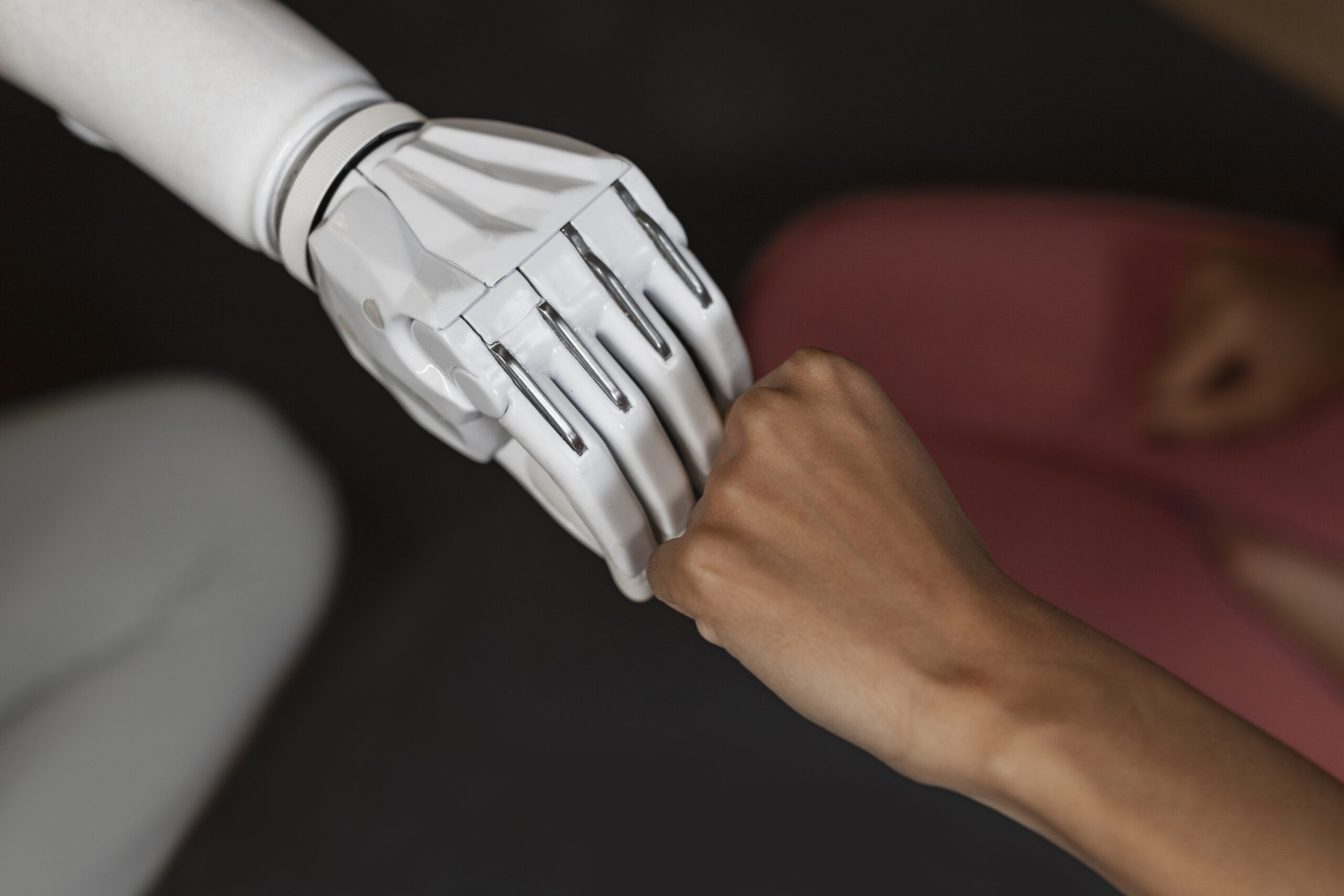Understanding Artificial Intelligence
AI refers to the simulation of human intelligence in machines programmed to think and learn like humans. These systems are designed to perform tasks that typically require human intelligence, such as visual perception, speech recognition, decision-making, and language translation. There are two primary types of AI:
Narrow AI (Weak AI): This type of AI is designed and trained for a specific task, such as virtual personal assistants (e.g., Siri, Alexa), facial recognition systems, and recommendation algorithms on streaming services. Narrow AI can outperform humans in its specialized area but lacks general cognitive abilities.
General AI (Strong AI): General AI refers to a system that possesses the ability to understand, learn, and apply knowledge across a broad range of tasks, mimicking human cognitive abilities. General AI remains a theoretical concept and has not yet been achieved.
The Unique Attributes of Human Intelligence
Human intelligence encompasses a wide array of cognitive abilities that are not easily replicated by machines. These include:
Emotional Intelligence: The ability to understand, manage, and express emotions is a quintessentially human trait. Emotional intelligence plays a critical role in empathy, social interactions, and decision-making.
Creativity: Humans have the unique capacity to think creatively, generating novel ideas and solutions. While AI can produce art or music by analyzing patterns, it lacks the intrinsic creativity driven by human experience and emotion.
Common Sense: Humans possess a broad understanding of the world, which allows them to navigate complex situations and make intuitive judgments. This common-sense reasoning is challenging to encode into AI systems.
Moral and Ethical Judgment: Human intelligence involves moral reasoning and ethical decision-making, which are influenced by cultural, social, and personal values. AI lacks the ability to fully comprehend and apply these nuanced principles.
The Capabilities and Limitations of AI
AI has demonstrated remarkable achievements, revolutionizing various fields and industries. Some of its notable capabilities include:
Data Analysis: AI excels at processing and analyzing vast amounts of data quickly and accurately, uncovering patterns and insights that may elude human analysts.
Automation: AI-powered systems can automate repetitive and mundane tasks, increasing efficiency and reducing human error.
Predictive Analytics: AI can predict outcomes and trends based on historical data, aiding in decision-making processes across finance, healthcare, marketing, and more.
Despite these strengths, AI has significant limitations:
Lack of Understanding: AI systems operate based on algorithms and data. They lack genuine understanding and awareness, leading to potential errors when faced with unfamiliar or ambiguous situations.
Dependency on Data: AI relies heavily on data for training. Inaccurate, biased, or incomplete data can result in flawed outcomes and reinforce existing biases.
Ethical Concerns: AI systems can perpetuate and amplify societal biases, raising ethical issues related to fairness, transparency, and accountability.
The Symbiosis of AI and Human Intelligence
Rather than viewing AI and human intelligence as mutually exclusive, it is more productive to consider how they can complement each other. AI can augment human capabilities, leading to enhanced productivity and innovation. Here are a few examples of this symbiosis:
Healthcare: AI-powered diagnostic tools can assist doctors in identifying diseases and recommending treatments, but the final decision relies on the doctor's expertise and judgment.
Education: AI-driven personalized learning platforms can adapt to individual students' needs, providing customized learning experiences while teachers offer guidance, motivation, and mentorship.
Creative Industries: AI can assist artists, writers, and musicians by providing inspiration, generating content, and streamlining workflows, while the human touch adds depth, context, and emotion to the creations.
Ethical Considerations and the Future of AI
As AI continues to evolve, it is crucial to address the ethical implications of its development and deployment. Key considerations include:
Bias and Fairness: Ensuring AI systems are trained on diverse and representative data to avoid perpetuating biases.
Transparency and Accountability: Developing mechanisms for explaining AI decisions and holding systems accountable for their actions.
Privacy and Security: Safeguarding personal data and ensuring AI systems are secure from malicious attacks.
The future of AI holds immense potential, but it is unlikely to replace human intelligence entirely. Instead, AI will continue to serve as a powerful tool that enhances human capabilities, driving progress across various domains.
Conclusion
The question of whether AI can replace human intelligence is complex and multifaceted. While AI has made significant strides and will continue to transform our world, it lacks the intrinsic qualities that define human intelligence, such as emotional depth, creativity, common sense, and moral reasoning. The most promising path forward lies in the collaboration between AI and human intelligence, leveraging the strengths of both to create a more advanced and equitable future. By addressing ethical concerns and fostering a symbiotic relationship, we can harness the full potential of AI while preserving the essence of what makes us uniquely human.

